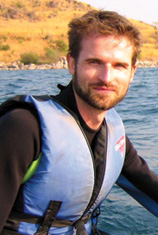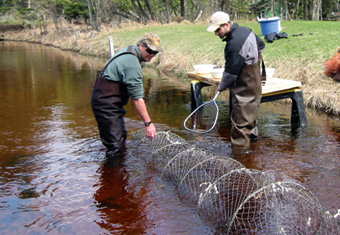

Abstract
Human alteration of fish communities jeopardizes both biodiversity and important services such as fisheries in rivers and lakes around the world. In a few cases, conservation scientists have demonstrated strong effects of fish on ecosystem functioning, but we lack a general framework for linking the management of freshwater fishes with ecosystem processes. Nutrients such as nitrogen and phosphorus are ideal currencies for this purpose because fish transform, store, and transport nutrients. My project will focus on developing a nutrient-based perspective on the ecosystem-level consequences of human modification of fish communities. First, I will assess the global role of freshwater fish in nutrient cycling using published data on fish abundance, body nutrient content, and nutrient excretion rates. I will also use fisheries records to calculate nutrient removal through fish exploitation, and test how this loss of nutrients compares to anthropogenic nutrient inputs. This literature synthesis will offer a broad, quantitative framework for evaluating the effects of fish management on nutrient cycling. Second, I will conduct a field study of the magnitude and ecosystem significance of nutrient subsidies to oligotrophic streams by breeding migrations of suckers (Catostomidae) from the Laurentian Great Lakes. Sucker migrations occur throughout much of North America, and their blockage due to dams, culverts, and fishing practices could compromise important nutrient inputs to stream ecosystems. Taken together, my global literature synthesis and sucker-migration case study will elucidate the connections between fish communities and ecosystem functioning, and provide a new perspective on ecosystem-based management of freshwater fish and fisheries. This effort will be enhanced by the contributions of David Allan (U of Michigan), Robin Abell (World Wildlife Fund), and Patrick Doran (The Nature Conservancy-Michigan) as mentors and collaborators on the project.
